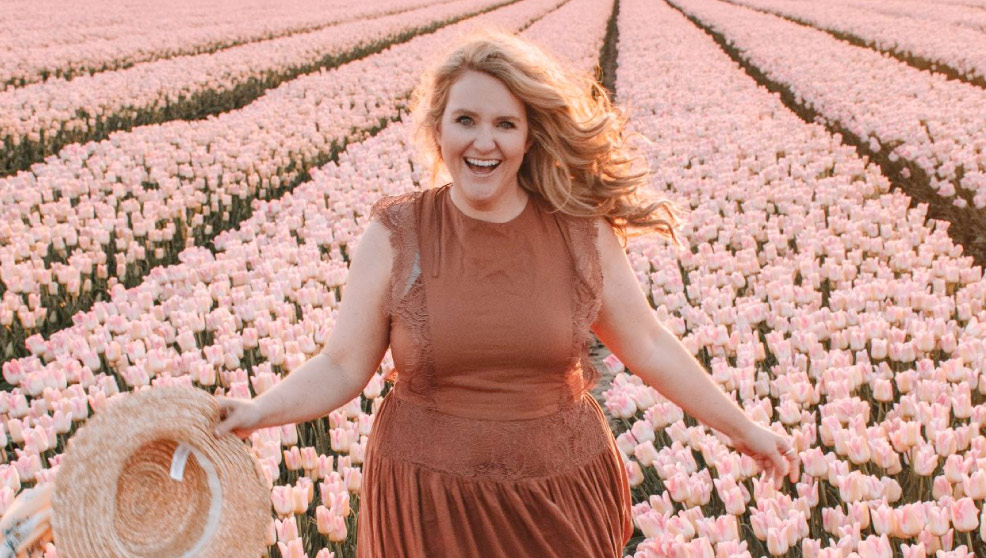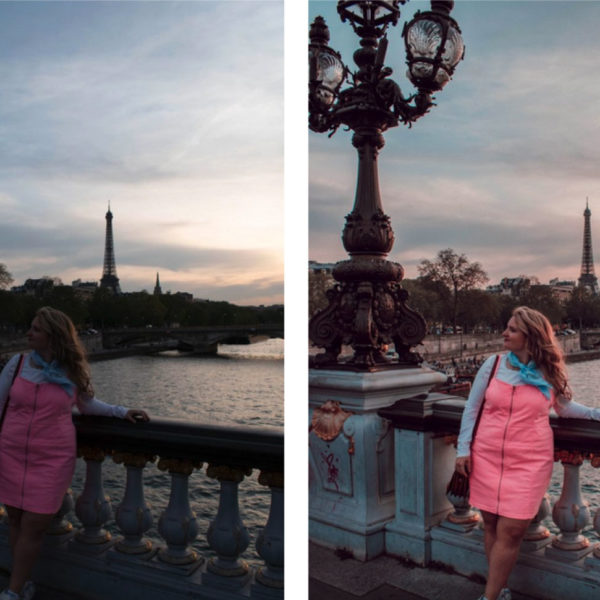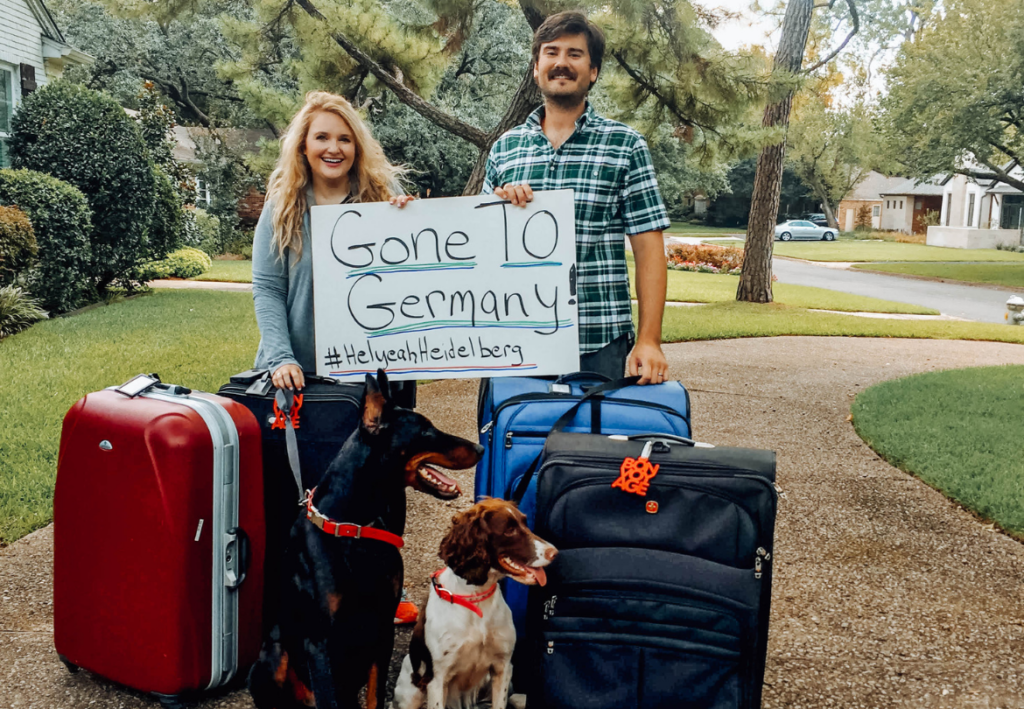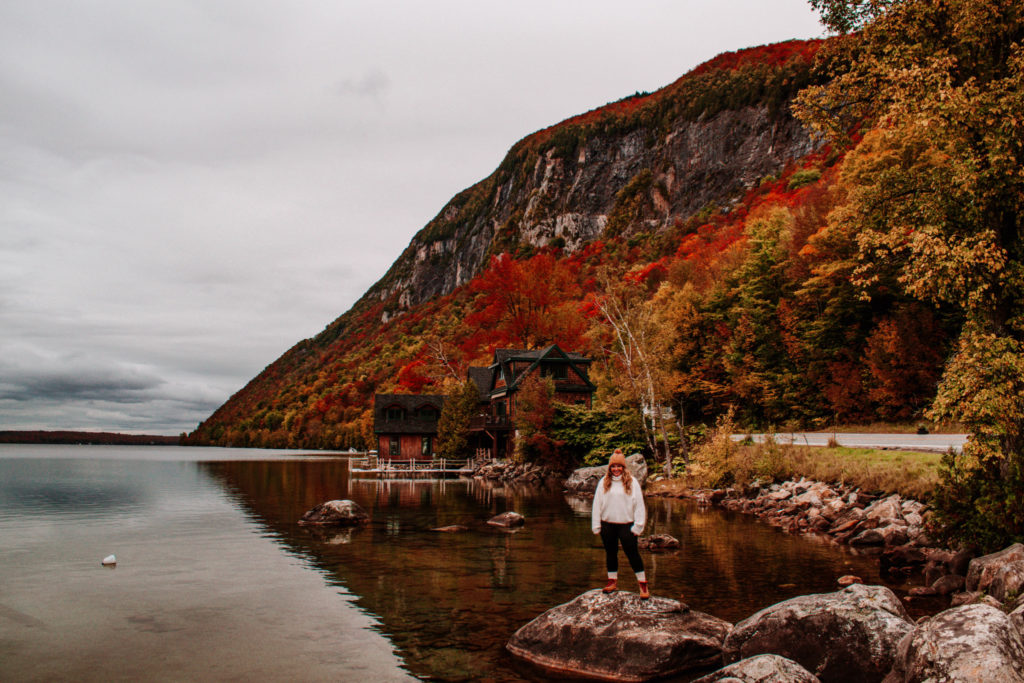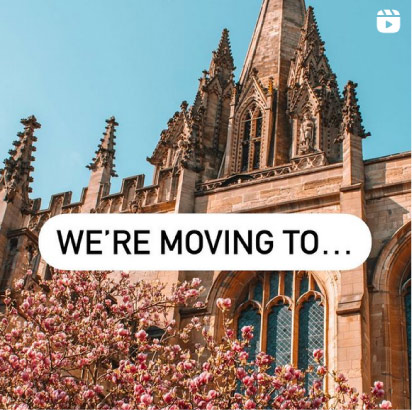My grandfather always had a twinkle in his eye. I've adopted his standard saying: “It's All Good.” Growing up, we went to Thanksgiving at 818 Erie St. in Shreveport —my grandparents' Gran and Pop's house. They hosted the main event for decades. Gran scurried around in the kitchen, melting a stick of butter, adding a dash of this or that to steaming pots on the stove, always with a bit of flour on her face. My grandfather greeted guests, shook hands, poured the scotch and engaged in lively conversation.
Each year he sat at the head of the main “grownups'” table and said grace. The kids all sat at various card tables in the next room. I'll never forget the Thanksgiving when I was granted the honor of moving from the “kids'” table to the main table. This was a big deal. As a 13-year-old it made me feel important — all the more so when I found that I was seated next to my grandfather.
After giving the prayer, he winked at me and said, “Don't start yet.”
He stood, raised his glass, and gave this toast: “A man may kiss his wife goodbye. The bee may kiss the butterfly. The sparkling wine may kiss the glass. But you my friends (and he paused here, allowing guests to anticipate a crude word that rhymes with glass), have all the class.” As always, his comedic timing elicited a rousing laugh.
You'd never know that this man, Camp Flournoy, fought on D-Day on the coast of Normandy, France. My Dad said that my grandfather rarely talked about it. All Dad knew was that his father was captain of an LCT boat (Landing Craft Tank) and didn't lose a single man on his boat — amazing, considering the carnage during the D-Day battles.
I've always appreciated my grandfather's quiet kindness, ready humor, and patriotic outlook. His pride in America rubbed off on me. But I've never felt so strongly about America and Pop's role in protecting our country until I walked the beaches of Normandy.

On my recent trip there, I learned that on June 6, 1944, more than 160,000 Allied troops landed on a 50-mile stretch of coastline that was heavily fortified with cement bunkers and powerful weapons manned by the Germans. Over 73,000 American troops were involved in D-Day and more than 22,000 died. Seeing the cemeteries and reading about the stories and lives lost is not easy, but it's important.
I believe travel is the best way to gain a deeper understanding of our past and help to shape how we make decisions about our future. For the French these events, even 74 years later, seem very present, as evidenced by the way they still talk about their liberators. To this day, the French honor and appreciate Americans and others who fought for freedom on their soil.
At a bakery one morning on our recent trip to Normandy, Michael and I bought quiche Lorraine and one of the best lemon meringues I've ever had in my life. We ate the pastries in the car, singing along to Spotify songs. On this sunny day, as we walked the dogs along a sandy beach, watching waves crash over the rough sand, it suddenly hit me: we would not be here today if it weren't for the brave men who put their lives on the line in the name of freedom.
I'm not praising war. War is horrific. But I recognize that good people have to stand up in the face of evil. Of the 16 million Americans who fought in WWII just over 500,000 are alive today. It's up to us to remember the past and understand the impact of the war. That's one thing this trip taught me.
The Utah Beach Museum in Normandy, one of the best museums I've ever visited, is an excellent place to learn about the significance of the war. Michael and I spent nearly four hours there reading literally every single plaque or story. I truly didn't realize the scale of “Operation Overlord” and the number of people who died before even landing on the beach. Can you imagine jumping from a ship with guns firing at you, while wearing 85 pounds of gear? Many people were shot or drowned.
The next day, we went to Pointe Du Hoc where Lieutenant Colonel Rudder led troops to scale 100-foot cliffs and disable German positions and cannons. Of the 225 Rangers who fought that day, only 90 still stood when they were finally relieved.

I truly lost it at the Omaha Beach Museum. Despite not being as state-of-the-art as Utah, it painted a moving picture of the war. Dozens of stories included accounts of landing on what was to be known as “Bloody Omaha,” paratroopers accidentally landing in enemy territory, or people watching friends and even brothers die before their eyes. But what really made me tear up was seeing a baseball glove, because that would be something my Dad might have brought if he had gone off to war. That detail reminded me that these were real people who died to protect the world we live in today. I'm not sure I could ever be that brave.
On our last day at the beaches, we went to the Normandy American Cemetery and Memorial where over 9,000 Americans are buried. That June of 1944 the weather was dreadfully cold, dreary, and rainy with strong winds. Our weather in June 2018 was just the opposite: warm, sunny, with a light breeze, making it hard to picture what their conditions would have been like then.
We did the free tour and heard even more battle stories. Despite working there for over 11 years, our local French tour guide still teared up when speaking about these people. At around noon, when the National Anthem began playing, everyone stood to face the flag, took off their hats, and sang aloud. After the song, everyone remained silent as a group of older men huddled together in front of the bronze statue of the “Spirit of American Youth Rising from the Waves.” No one spoke, but we all knew they represented something special. And they were. They served in WWII and many were there on D-Day.
At that moment tears streamed down my face as we all clapped for them.
In today's America it appears, from across the pond, that society has become fairly tense. I keep hearing things like “America is going downhill.” It's interesting since now that I live abroad, I actually feel just the opposite. Is America perfect? Far from it. Is our president ideal? Not even close. But our country is centered on liberty, freedom, and opportunity, and that isn't something to scoff at. It is different living overseas. Since moving to Germany I have a broader understanding and appreciation of how other cultures live. Most of my friends here are expats, so I get to hear how their governments work. No one country or government is perfect. But I can say I am thankful and grateful to be born and raised in America.
No matter how you feel politically, there's always room for national pride. This doesn't mean ignoring the issues. It's important to stand up for what you believe in. You have the explicit right and freedom to do just that. But I think it only works when we also honor and celebrate our country's accomplishments. After all, people fought and died for the life we lead today.
The beaches left a lasting impression on me. I'm proud of where I'm from and grateful that I live in a world that my grandfather helped to shape.




